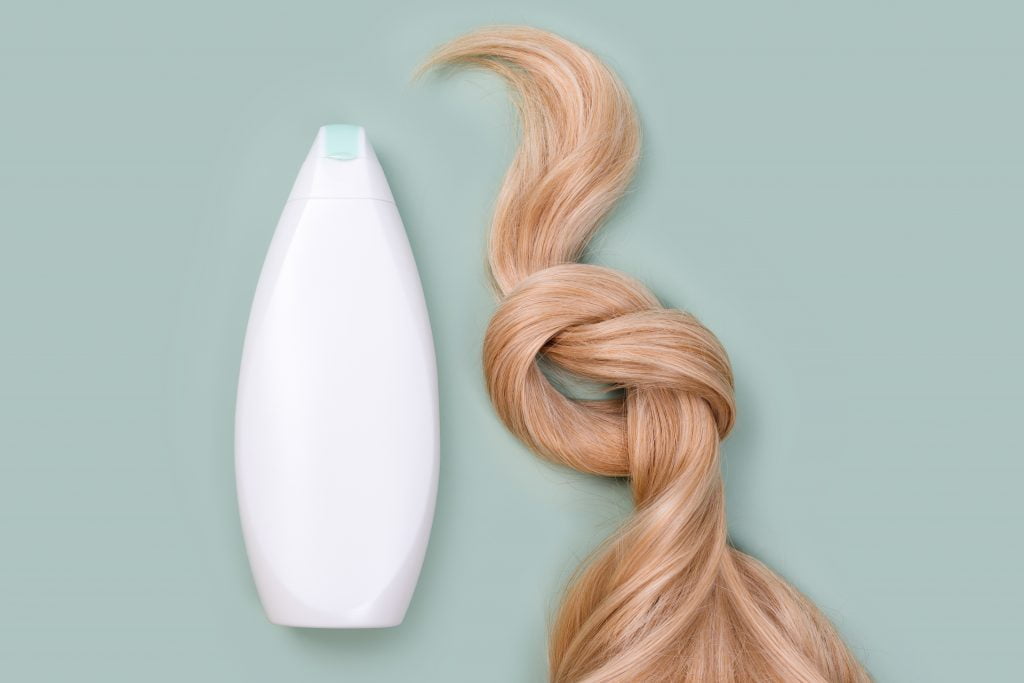Introduction:
Skin care goes beyond simply washing it and applying
lotion your skin type may also dictate if you need any
additional treatments, such as hydrating masks or
exfoliating scrubs.
How to Keep Your Skin Soft, Clean, and Moisturized
1. Wash your face twice a day
to remove excess oil, enhance your complexion, and stop
breakouts.
You should wash your face when you wake up in the
morning and before you go to bed at night, use warm (not
hot) water and a face cleanser made for your skin type. Use
clean hands, a washcloth, or a gentle sponge to cleanse your
face.
• Apply a moisturizer and toner after cleansing.
• Remember to take off whatever makeup you are wearing as
well.
• Don’t forget about the skin on your neck! This is often
overlooked.
2. When taking a bath or shower, use lukewarm water rather than the hot option.
Although using hot water can be soothing, it can also dry out
your skin and remove its natural oils. Dry, spotty skin may
result from this. Use a hydrating body wash containing
natural oils, such as almond, coconut, or olive oil, if you have
dry skin.
3. Use a cloth to gently pat your skin dry.
Both the skin on your face and the skin on your body is
affected by this. Even better would be to keep your skin just
wet. Your skin will be able to absorb the extra moisture and
hydrate itself in this way.
4. While your skin is still damp, apply moisturizer or lotion.
Apply lotions or body butter to your body and facial
moisturizers and creams to your face. Depending on the
season, switch up the type of moisturizer or lotion you use.
In the winter, use a heavier, richer one, and in the summer,
a lighter one.
• Think about using a moisturizer with SPF to protect your skin
from the sun’s damaging rays.
• Moisturizer is beneficial for all skin types, including oily skin!
Choose a lightweight moisturizer or one with a gel basis that
is designed for oily skin.
5. Once every week, exfoliate your skin.
Your skin will feel silky smooth after doing this and help buff
away those dead skin cells. Scrubs, loofahs, and exfoliating
sponges are employed. Make sure to exfoliate your face
with a softer product than the rest of your body. The skin on
your face is far more fragile than the skin on your arms and
legs, so keep that in mind.
• Carefully select your exfoliating scrubs. The scrub will be
more abrasive the larger the grain size. If you have sensitive
skin, stay away from walnut shell-based scrubs.
• It may be a good idea to exfoliate every day if you have dry
skin. Gentle handling is key and always moisturize after.
6. Don’t be shy about using cosmetics but be careful.
To avoid breakouts, use makeup that is appropriate for your
skin type and remove it before bed. [3] If you use makeup
frequently, give your skin a rest by forgoing makeup for a
day or two.
• While liquid or cream-based makeup is better suited
for dry skin, powder makeup works well for oily faces.
• Regularly cleaning your makeup brushes will help to
stop the accumulation and spread of bacteria that can
lead to acne.
7. Pay close attention to product labels.
especially if you have sensitive skin. Some ingredients used
in skin care products are not suitable for the skin. Avoid
goods that contain the chemicals sodium lauryl sulfate,
propylene glycol, and phthalates.
• Consider fragrance-free products if you have sensitive skin.
Finally, Follow the guidelines here and generally take good care of
yourself with good hygiene, avoiding touching your face, washing
your clothes regularly, using a natural laundry detergent if you
can, and avoiding using dryer sheets or fabric softener (they can
aggravate acne for some people).
But don’t be afraid to also use an acne product if you need it.
Sometimes the acne won’t go away completely by ‘natural’ means
no matter what you do, especially if you’re young since your
hormones can just be too out of balance at that age.
For more details follow us in biome-cosmetics.com



